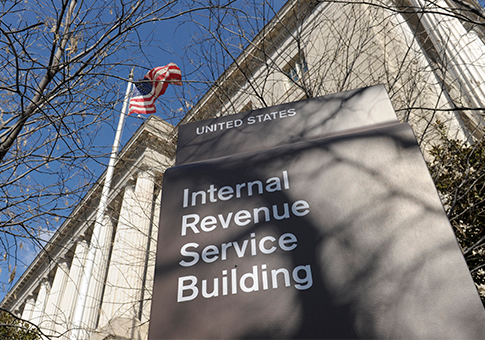The Internal Revenue Service is trying to encourage eligible small businesses that did not file certain retirement plan returns to take advantage of a low-cost penalty relief program enabling them to quickly come back into compliance.
The program is designed to help small businesses that may have been unaware of the reporting requirements that apply to their retirement plans.
Small businesses that fail to file required annual retirement plan returns, usually Form 5500-EZ, can face stiff penalties – up to $15,000 per return. However, by filing late returns under this program, eligible filers can avoid these penalties by paying only $500 for each return submitted, up to a maximum of $1,500 per plan. For that reason, program applicants are encouraged to include multiple late returns in a single submission. Find the details on how to participate in Revenue Procedure 2015-32 on IRS.gov.
The program is generally open to small businesses with plans covering a 100 percent owner or the partners in a business partnership, and the owner’s or partner’s spouse (but no other participants), and certain foreign plans. Those who have already been assessed a penalty for late filings are not eligible.
The Department of Labor offers a similar relief program for businesses with retirement plans that include employees known as the Delinquent Filer Voluntary Compliance Program.
Started as a one-year pilot, the IRS program was made permanent in May 2015. The IRS has received about 12,000 late returns since the pilot program began in June 2014.
The IRS reminds retirement plan sponsors and administrators that in most cases, a return must be filed each year for the plan by the end of the seventh month following the close of the plan year. For plans that operate on a calendar-year basis, as most do, this means the 2014 return is due on July 31, 2015. For details, visit the Form 5500 Corner on IRS.gov.
Thanks for reading CPA Practice Advisor!
Subscribe Already registered? Log In
Need more information? Read the FAQs
Tags: Benefits, Income Taxes, IRS




